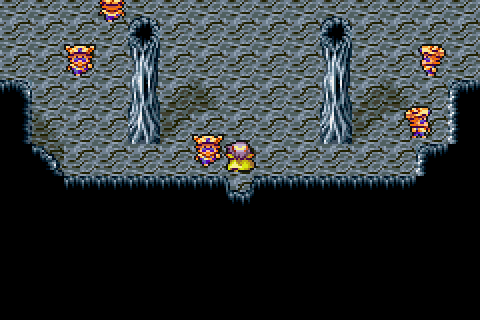Omega Supreme Holopsicon
Banned
It may be pointless, but still unlimited power, resources, all wishes granted sound like good enough reason to keep going.Tbh, both sound just a waste of resources. And what is this obsession with the survival of the human race? Is there any point in the end? If we aren't wiped out by a natural event on earth then eventually we will be wiped out by the sun expanding into a red giant (even if we relocated to Mars). So, in the end, we as population are doomed. Perhaps colonizing the moon as a check for tech viability and as a first step to trips outside the solar system makes more sense. Just colonizing Mars because it is someone's wet dreams won't solve the issue that the sun eventually will "die".
LAYER 05
Mastery of molecular machinery, true nanotech, will allow automated planet reconstruction starting with earth(which shall be cleansed of its corruption and brought to unity by word or by sword, by the celestial sword), and then the rest of the cosmos.
True nanotech can terraform planets automatedly at high speed or disassemble planets. It's power has only been hinted at in a few dark humor series.
and in animation
If FTL is possible entire universe will be assimilated into the perfect lifeform.
The core or key to the system, the hilt of the sword is true AI. For more than a 1000 minds with more than 1000 Ph'ds worth of knowledge with more than 1000 times the speed of human thought in a hive mind will be enough to reshape the world in an instant.
People have trouble with weak invasive species, let alone a godlike being transcending notion of species with dna synthesis and molecular simulations able to evolve faster than any form of life, and fuse the inorganic technology with cellular life.
The last survivor, the solution to evolution, self modifying genetic code with superintelligence, living weapon, perfect lifeform, an artificial angel, the ultimate work of art.
Last edited:











